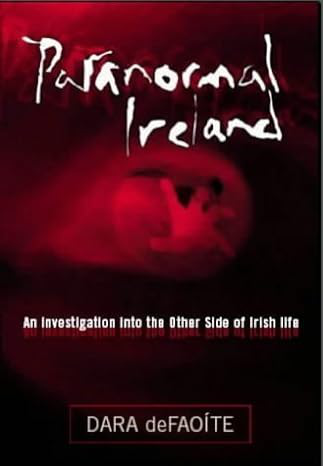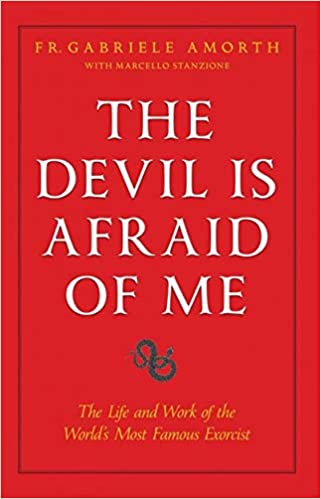The Harp of Dagda
Mythology/Folklore/History
Wednesday 2nd, February 2022
3 minute read.
Dagda was the chieftain and high priest of the Tuatha dé Dannan who are said to have come to Ireland from the north. The Tuatha dé Dannan were said to have had golden hair and blue eyes and were believed to have been supernatural beings.
Dagda was said to have magical powers and weapons such as a bottomless cauldron, the Uldry, that would never leave any man unsatisfied and a club that could kill nine men with one blow as well as resurrect/bring back to life with it's handle.
But out of Dagda's possessions, his most prized was his magic harp, called the Uaithne or the Four Angled Music. The music of Dagda's harp was believed to change the seasons as well as the emotions of men, women and children. Dagda would use his harp to settle his men's nerves before going into battle and in turn would play his harp again after battle to help soothe and help his warriors forget about their wounds and sadness of the loss of comrades.
Before the Tuatha dé Dannan a tribe known as the Fomorians had inhabited the island that the Tuatha dé Dannan called home and the two tribes were in constant battle over the ownership of the land.
Due to these ongoing battles, at the second battle of Moytura, the great hall of the Tuatha dé Dannan was left unguarded as everyone was off fighting, this left a huge opportunity for the Fomorians and they entered the hall and stole Dagda's harp hoping to use the harp against Dagda and his warriors.
This was however not going to be the case as the harp could only be played by Dagda, once the Tuatha dé Dannan learned of the Fomorians plan they followed the Fomorians, then as the Fomorians were feasting, Dagda burst into the Fomorians great hall and the harp jumped off the wall into Dagda's arms, with Dagda proceeding to play three cords on the harp.
The first of these three cords was the music of tears (or music of grief) which made every man, woman and child in the hall weep uncontrollably. The second cord was the music of mirth, which made everyone in the hall laugh hysterically and drop their weapons, and the third and final cord was the music of sleep which made all the Fomorians in the hall fall into a deep sleep, from this day on the Tuatha dé Dannan were free to roam freely without fear or worry of the Fomorians.
Dagda was said to have magical powers and weapons such as a bottomless cauldron, the Uldry, that would never leave any man unsatisfied and a club that could kill nine men with one blow as well as resurrect/bring back to life with it's handle.
But out of Dagda's possessions, his most prized was his magic harp, called the Uaithne or the Four Angled Music. The music of Dagda's harp was believed to change the seasons as well as the emotions of men, women and children. Dagda would use his harp to settle his men's nerves before going into battle and in turn would play his harp again after battle to help soothe and help his warriors forget about their wounds and sadness of the loss of comrades.
Before the Tuatha dé Dannan a tribe known as the Fomorians had inhabited the island that the Tuatha dé Dannan called home and the two tribes were in constant battle over the ownership of the land.
Due to these ongoing battles, at the second battle of Moytura, the great hall of the Tuatha dé Dannan was left unguarded as everyone was off fighting, this left a huge opportunity for the Fomorians and they entered the hall and stole Dagda's harp hoping to use the harp against Dagda and his warriors.
This was however not going to be the case as the harp could only be played by Dagda, once the Tuatha dé Dannan learned of the Fomorians plan they followed the Fomorians, then as the Fomorians were feasting, Dagda burst into the Fomorians great hall and the harp jumped off the wall into Dagda's arms, with Dagda proceeding to play three cords on the harp.
The first of these three cords was the music of tears (or music of grief) which made every man, woman and child in the hall weep uncontrollably. The second cord was the music of mirth, which made everyone in the hall laugh hysterically and drop their weapons, and the third and final cord was the music of sleep which made all the Fomorians in the hall fall into a deep sleep, from this day on the Tuatha dé Dannan were free to roam freely without fear or worry of the Fomorians.



